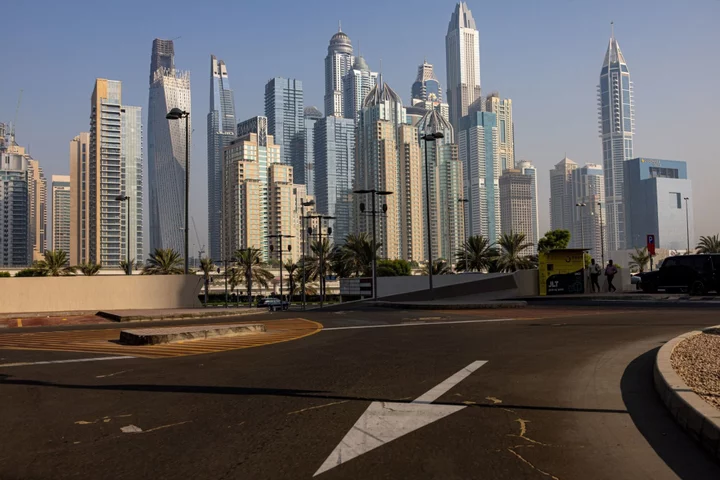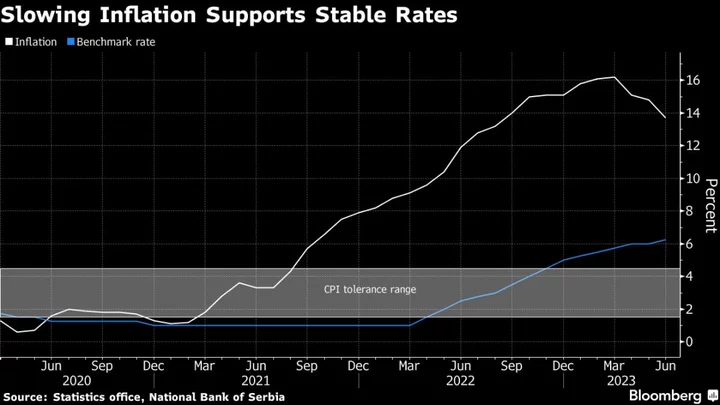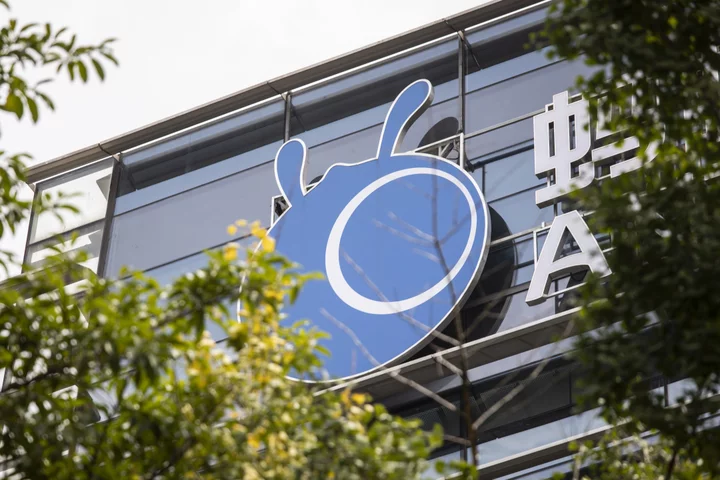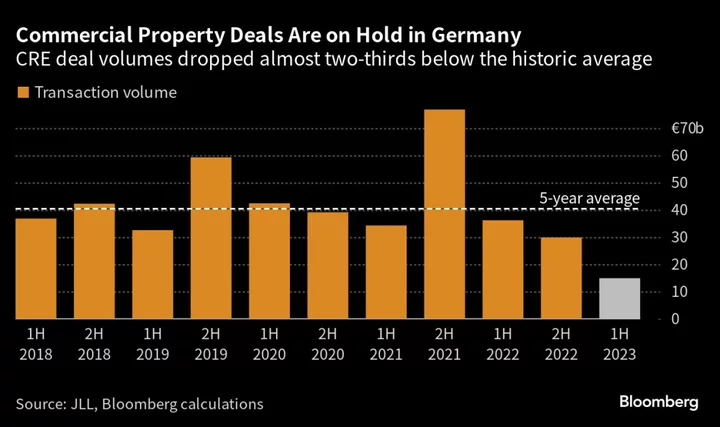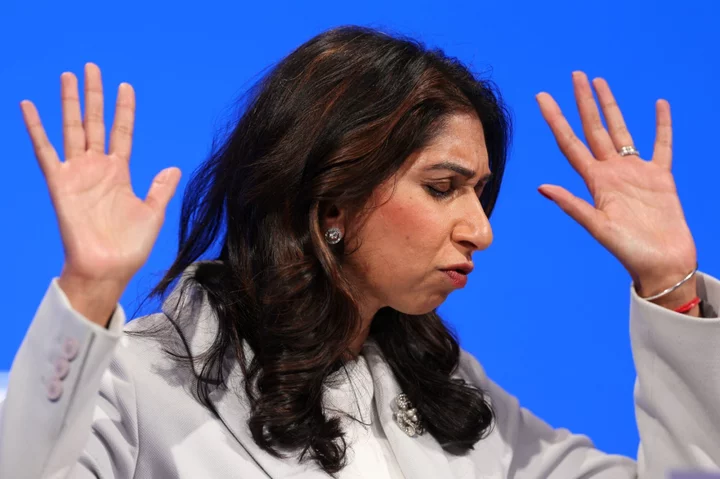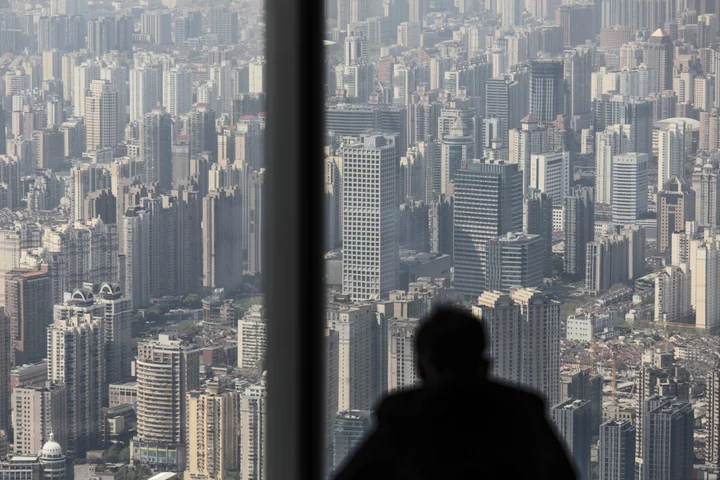Dubai said it began repaying a $20 billion bailout loan from Abu Dhabi and country’s central bank, as part of an effort to reduce its debt burden almost 15 years after the sheikhdom teetered on the brink of default.
Taking advantage of an economic recovery, the emirate lowered its total debt to 25% of gross domestic product with payments that include 20 billion dirhams ($5.5 billion) to Abu Dhabi and the central bank. Dubai shelled out a combined 28.5 billion dirhams within a year and a half, its media office said Tuesday on social media site X, citing its debt management office.
It didn’t give details as to what liabilities were still included in its calculations, and the media office wasn’t able to comment when approached separately by Bloomberg. Dubai isn’t rated by any of the three major credit assessors.
S&P Global Ratings earlier estimated Dubai’s direct government debt at 244 billion dirhams, equivalent to around half the emirate’s economic output. Its broader debt climbs to 100% of GDP when including money owed by state-related entities, according to S&P.
Dubai’s economy is thriving, fueled by an influx of newcomers — from crypto millionaires and bankers relocating from Asia to wealthy Russians seeking to shield assets. Sectors from hospitality to retail are enjoying a remarkable comeback, while new arrivals have pushed property prices to record levels.
Resurgent demand for homes, hotels and office space has helped the emirate generate more fees for goods and services, as well as receipts from taxes for property transactions, value added taxes and housing fees. Although Dubai scrapped a 30% tax on alcohol sales and made liquor licenses free since the start of 2023, that will likely be offset by a 9% federal corporate levy imposed from June.
Though the full picture isn’t yet clear, evidence suggests a new focus in Dubai on reducing a debt load that S&P said had reached a “cyclical high” of 78% of GDP in 2020. The burden has gone into decline with the creation of a debt management office last year, as the economy booms after emerging from the global pandemic as an investment safe haven and a magnet for tourists and the wealthy.
In 2009, Dubai just skirted a default and had to turn to oil-rich Abu Dhabi, the biggest of the seven sheikhdoms in the United Arab Emirates, to support state-controlled companies through the global credit crisis. The amount has been rolled over twice since then.
S&P estimated last May that the $20 billion in loans from Abu Dhabi and the central bank made up 30% of Dubai’s gross general government debt and said it expected them to be rolled over again.
The repayments were part of a 2022-2024 debt sustainability plan that helped reduce liabilities to “a safe and low level,” the media office said, citing Rashed Ali Bin Obood Al Falasi, head of the Public Debt Management Office.
Read More: Dubai Debt Burden Seen Dropping Sharply by S&P as Economy Booms
Dubai also repaid a 3.3 billion-dirham sukuk and 5.2 billion dirhams in bank loans, the media office said. The emirate rarely issues public debt and previously looked to raise capital by means of private placements and bilateral loans.

